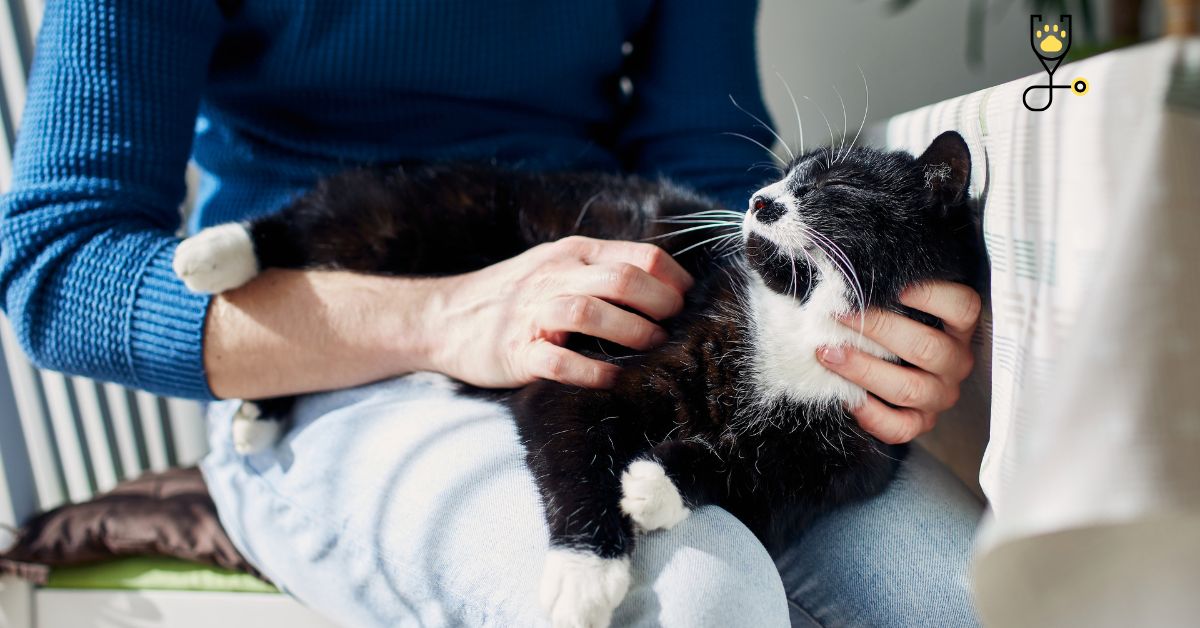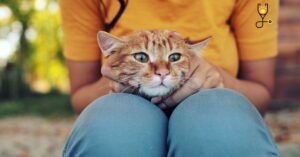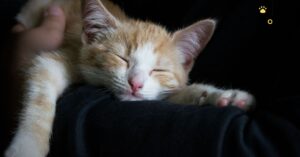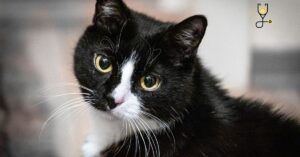You’ve probably heard that a woman’s body goes through a lot of changes during pregnancy, and most of those changes are also happening to her cat. In fact, there are several ways in which your pregnant cat is different from a non-pregnant cat, and many of those changes will continue after your baby is born. This post will go over some of the key things you need to know about how your pregnant cat affects your new baby – both during and after pregnancy. So if you’re curious about what’s going on with your furry friend, read on!
What’s happening to your cat during pregnancy?
– Hormonal changes: Pregnancy is accompanied by a huge surge in hormones, and this can have all sorts of effects on your cat’s mood and behavior. For example, some cats may become more affectionate during pregnancy, while others may become more aloof.
– Physical changes: As your cat’s body prepares for childbirth, she will gain weight, her nipples will enlarge, and her belly will swell. She may also start to nest (i.e., prepare a comfortable place to give birth).
– Behavioral changes: Pregnant cats often exhibit strange behaviors, such as becoming more vocal or hiding more often. This is due to the stress of pregnancy and the hormonal changes taking place in their bodies.
– Increased appetite: Most pregnant cats will eat more than they did before they were pregnant. This is because they need extra nutrients to support the growing kittens.
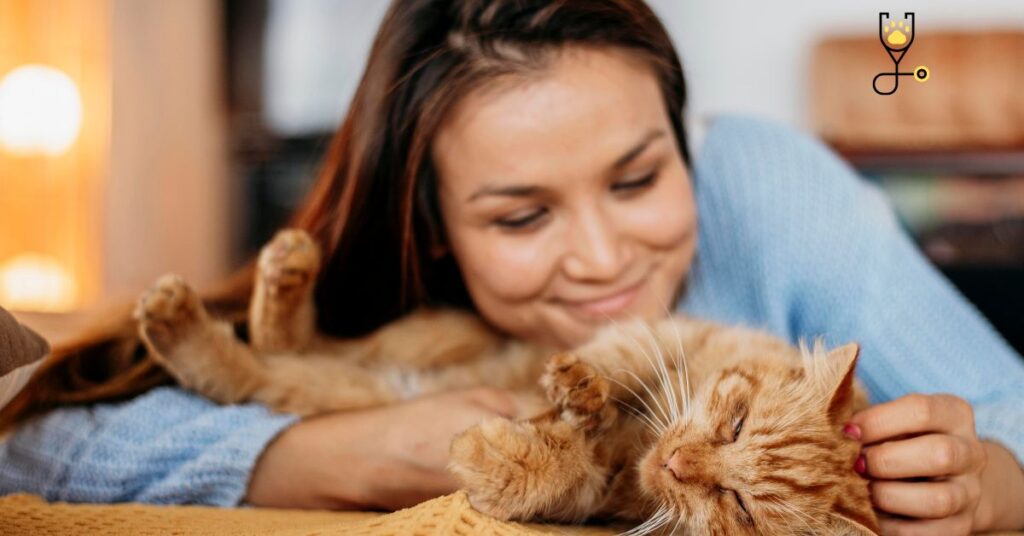
What about after your baby is born?
After you give birth, your cat’s hormones will continue to fluctuate for a while. This can cause her to experience some of the same physical and behavioral changes she experienced during pregnancy. However, these changes will eventually stabilize and return to normal.
It’s important to note that your cat may also be affected by the changes in your own behavior after you have a baby. For instance, if you’re suddenly gone a lot more often or if there’s a lot more noise and commotion in your home, she may become anxious or stressed. If this happens, try to give her some extra attention and care to help her adjust.
All in all, it’s important to remember that your cat is a part of your family and that she’ll be affected by any major changes in your life – including pregnancy and the birth of a new baby. However, with a little understanding and patience, you can help her through these changes and make sure that both she and your new baby are happy and healthy.
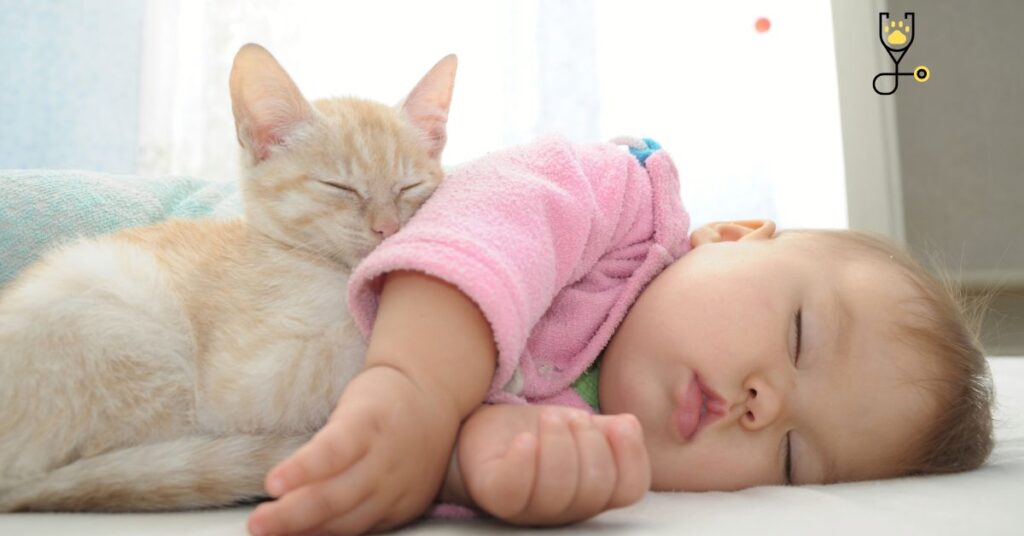
Can My cat harm my baby?
– No, your cat cannot harm your baby. Pregnant cats often become more affectionate and protective of their owners, so you can rest assured that your cat will most likely be gentle with your new baby.
– However, it’s important to keep an eye on your cat around your baby, just to be safe. Make sure that she doesn’t have access to any areas where she could potentially harm your child – for example, if you have a young child, you might want to keep her out of the nursery.
– Additionally, it’s important to keep your cat up-to-date on her vaccinations. This will help protect both her and your baby from potential diseases.
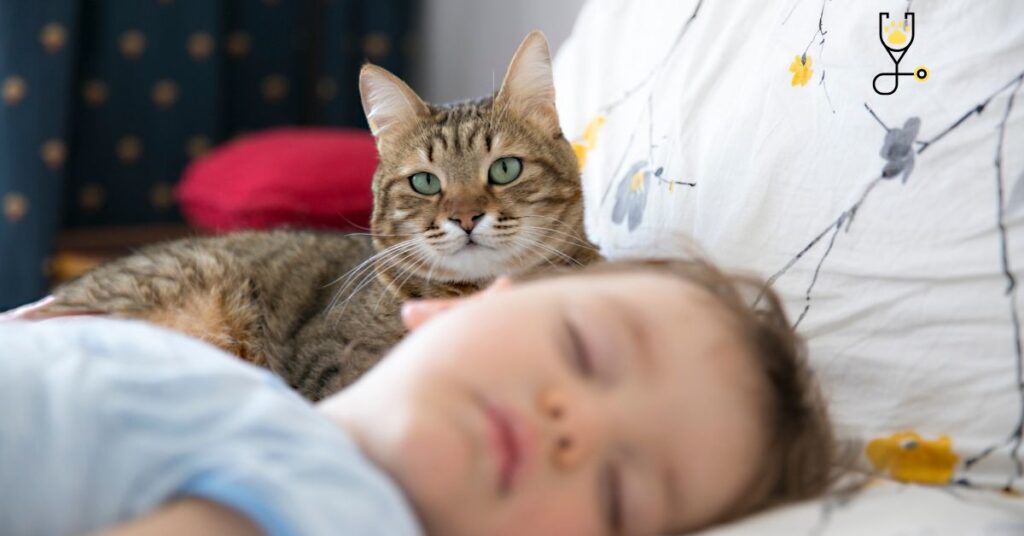
conclusion
Pregnancy and childbirth are big life changes – not just for you, but for your cat as well. understanding how these changes affect your cat can help you make sure that both she and your new baby are happy and healthy. So take some time to learn about your cat’s needs during this time, and enjoy the experience of expanding your family!
Frequently Asked Questions
No, your cat cannot catch your pregnancy from you. Pregnancy is a human condition that cannot be passed on to animals. However, your cat may experience some changes in her behavior due to the hormonal changes taking place in your body.
Yes, it’s a good idea to take your cat to the vet during pregnancy. This will help make sure that she’s healthy and that her vaccinations are up to date. Additionally, the vet can answer any questions you have about how pregnancy might affect your cat.
There are several signs that may indicate that your cat is pregnant, including weight gain, behavioral changes, and increased appetite. If you think your cat may be pregnant, it’s a good idea to take her to the vet for a check-up.
No, your cat cannot harm your baby. Pregnant cats often become more affectionate and protective of their owners, so you can rest assured that your cat will most likely be gentle with your new baby. However, it’s important to keep an eye on your cat around your baby, just to be safe. Make sure that she doesn’t have access to any areas where she could potentially harm your child – for example, if you have a young child, you might want to keep her out of the nursery. Additionally, it’s important to keep your cat up-to-date on her vaccinations. This will help protect both her and your baby from potential diseases.
If you’re worried about how your cat will adjust to having a new baby in the house, there are several things you can do to help her transition. First, try to give her some extra attention and care. Additionally, make sure that she has a safe place to go if she feels overwhelmed or stressed – for example, you might want to create a “catio” or set up a small room that she can retreat to when she needs some peace and quiet. Finally, don’t forget to give her plenty of love and patience – she’s going through a big change, too!

